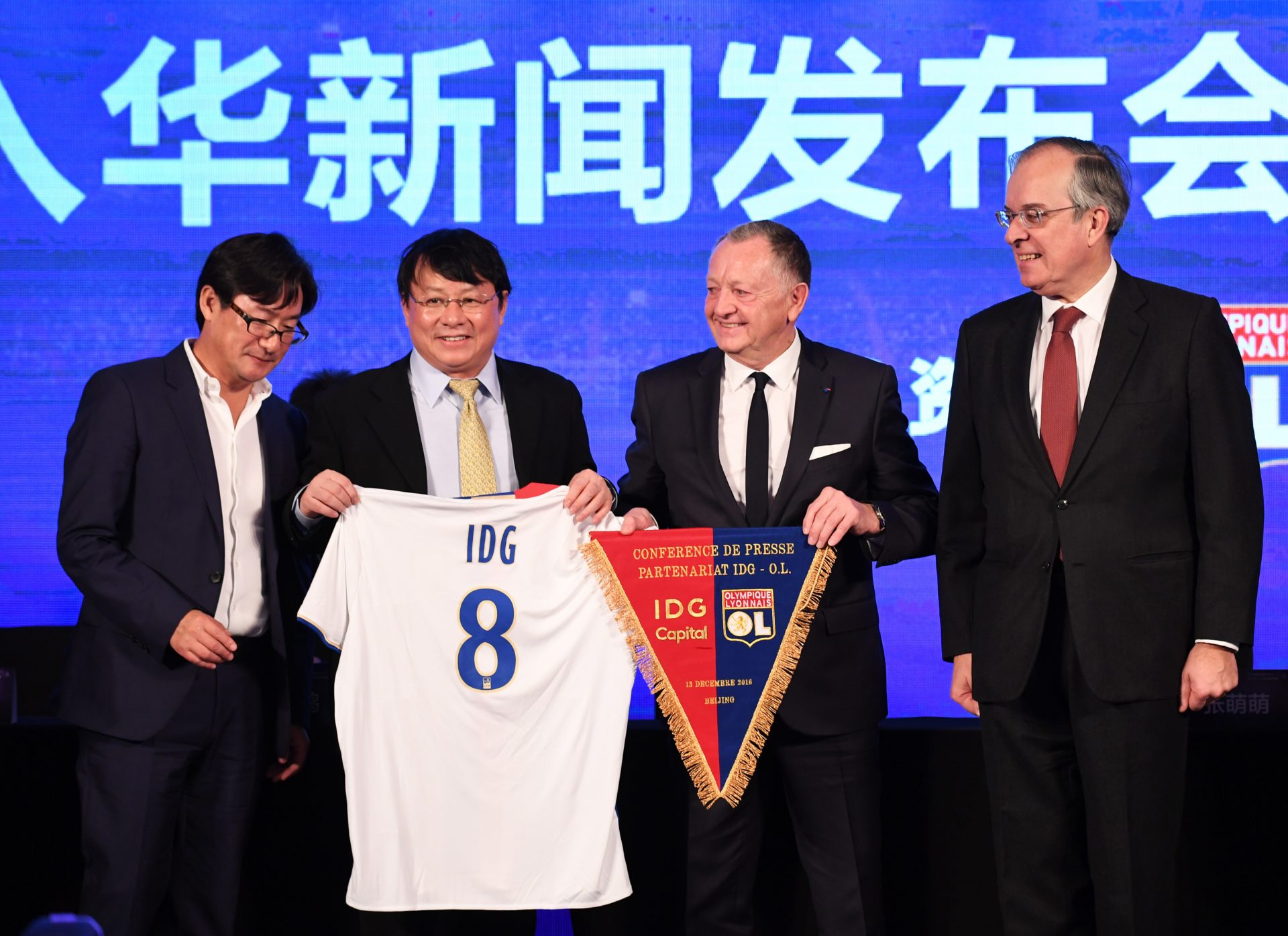This article is a translation of the original article “Les investissements chinois en France: un large déploiement sectoriel guidé par des stratégies très diversifiées“, published on June 30, 2018.
Although they still represent only a very modest share of total foreign direct investment, Chinese investments in France have accelerated sharply since 2011, seeing their cumulative amount multiplied tenfold between 2000-2010 and 2011-2016 to exceed 10 billion euros today. China has thus risen from 38th place among foreign investors in 2011 to 12th place in 2016, and would be responsible for maintaining nearly 45,000 jobs in France.
The stock of Chinese investment in France is highly concentrated in the tourism and hotel sector, which alone accounts for nearly one-third of the total stock, with emblematic acquisitions such as that of Club Méditerranée by Fosun and of the Louvre Hotels group by Jin Jiang Hotels, as well as equity investments by the same Jin Jiang Hotels in the Accor group (15%) or by the HNA conglomerate in Pierre & Vacances (10%). Fosun has also been in negotiations since 2016 for an entry into the capital of Compagnie des Alpes, and Dalian Wanda is banking on cooperation with the Auchan group for the development of the EuropaCity real estate and leisure project in the Val-d’Oise district.
In addition to investments in the sports sector, with the acquisition of the soccer club FC Sochaux and stakes in OGC Nice (80%), AJ Auxerre (60%) and Olympique Lyonnais (20%), the investment in these sectors reflects a strategy of acquiring know-how coupled with a search for ways to move upmarket, on which to capitalize for eventual deployment on the Chinese market.
The transportation, infrastructure and energy sectors also accounted for nearly one-third of Chinese investments in France, with significant stakes in joint projects with the main French players in these sectors, such as the acquisition of 30% by the sovereign fund CIC in a hydrocarbon exploration and production branch of Engie, the investment of 49% by China Merchants in the Terminal Link subsidiary of CMA-CGM in the port of Marseille or the acquisition of a 49.99% stake in Toulouse-Blagnac Airport by Shandong Hi-Speed Group. These investments are guided by a strategy of acquiring strategic assets, including technological solutions, know-how and distribution networks.
A third strategy, that of acquiring prestigious brands, has been deployed in the consumer goods sector, with the recent acquisition of Lanvin by Fosun, as well as the acquisition of Shandong Ruyi’s stake in the SCMP group (70%) and Fortune Fountain Capital’s planned acquisition of Baccarat (89%). The numerous investments in more than 3,000 hectares of vineyards in the Bordeaux region are also part of this strategy.
Picture credits: AFP Photo / Greg Baker






Be First to Comment